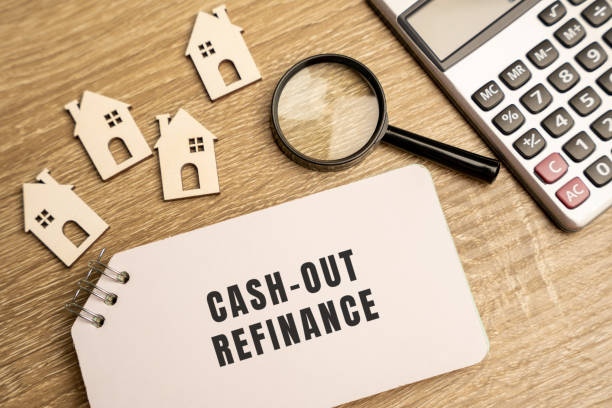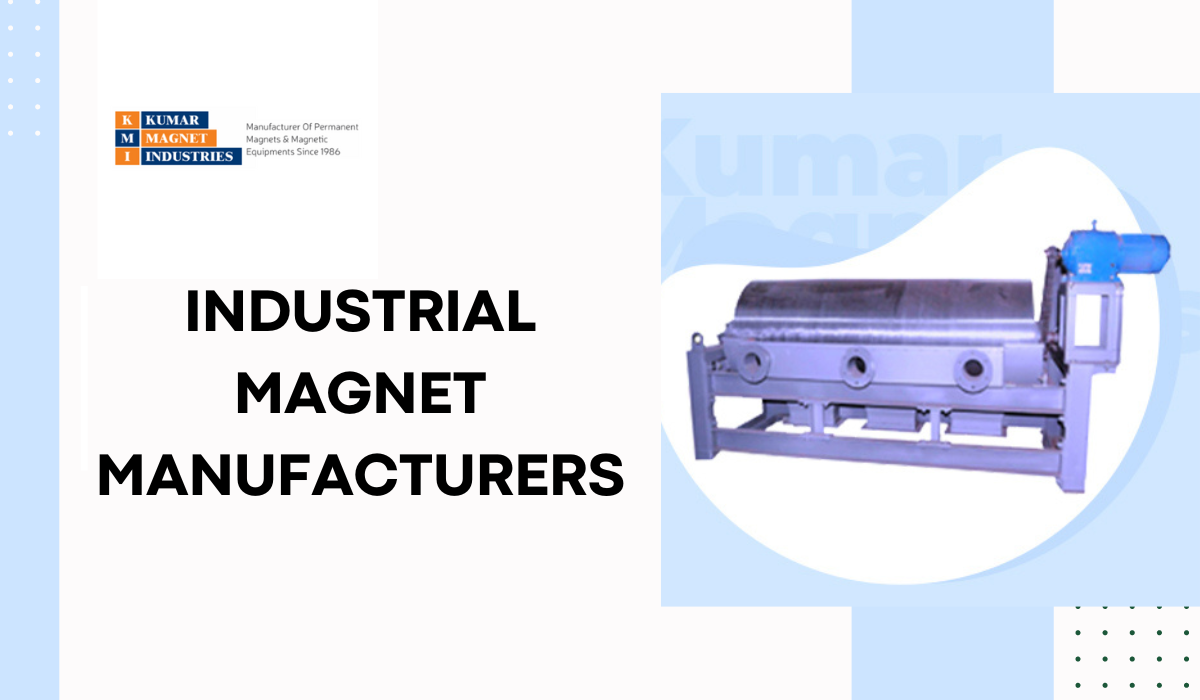Maximizing Home Equity: Exploring the World of Cash-Out Refinancing

Owning a home is a significant milestone for many individuals, representing stability, security, and an investment in the future. As homeownership continues to be a cornerstone of the American Dream, people often seek ways to leverage the equity built in their homes for various purposes, from funding home improvements to consolidating debt or pursuing other financial goals. One powerful tool in this realm is cash-out refinancing, a financial strategy that allows homeowners to tap into their home’s equity by refinancing their mortgage for an amount greater than what they currently owe. In this blog post, we’ll delve into the intricacies of cash out refinance on a home loan, exploring how it works, its benefits and considerations, and when it might be a suitable option for homeowners.
Understanding Cash-Out Refinancing
Cash-out refinancing involves replacing an existing mortgage with a new one that has a higher principal balance, enabling homeowners to receive a lump sum of cash based on the equity they’ve built in their property. Equity is the difference between the current market value of the home and the remaining balance on the mortgage. When homeowners opt for cash-out refinancing, they essentially borrow against this equity, receiving funds that can be used for various purposes, such as home renovations, debt consolidation, education expenses, or investment opportunities.
How Does Cash-Out Refinancing Work?
The process of cash-out refinancing typically involves several steps:
- Evaluation of Equity: Homeowners need to assess their home’s current market value and calculate the amount of equity they’ve accumulated. This involves obtaining a professional appraisal or relying on recent comparable sales data in the area.
- Qualification: Just like with traditional refinancing, lenders will evaluate the homeowner’s creditworthiness, income stability, and debt-to-income ratio to determine eligibility for a cash-out refinance. Generally, a higher credit score and lower debt obligations increase the likelihood of approval.
- Loan Application: Once eligibility is established, homeowners can apply for a cash-out refinance with a lender of their choice. During this process, they’ll need to provide documentation such as income verification, tax returns, and property information.
- Appraisal and Underwriting: The lender will order an appraisal to verify the home’s value and assess its condition. Additionally, underwriters will review the borrower’s financial profile and the proposed loan terms to ensure compliance with lending guidelines.
- Closing: If the loan application is approved, the homeowner will attend a closing where they’ll sign the necessary documents to finalize the refinance. At this stage, they’ll receive the cash proceeds from the new loan.
Benefits of Cash-Out Refinancing
Cash-out refinancing offers several potential benefits for homeowners:
- Access to Funds: By tapping into their home equity, homeowners can access a significant amount of cash, which can be used for various purposes without restrictions imposed by lenders.
- Potentially Lower Interest Rates: Depending on prevailing market conditions and the homeowner’s financial profile, the interest rate on a cash-out refinance may be lower than other forms of borrowing, such as personal loans or credit cards.
- Consolidation of Debt: Consolidating high-interest debt, such as credit card balances or personal loans, into a single, lower-interest mortgage can lead to substantial savings on interest payments over time.
- Home Improvement Projects: Investing in home renovations or upgrades not only enhances the property’s value but also improves the homeowner’s quality of life. Cash-out refinancing provides a convenient source of funding for such projects.
Considerations and Risks
While cash-out refinancing offers potential advantages, homeowners need to consider the following factors before proceeding:
- Increased Debt Burden: By borrowing against their home equity, homeowners are essentially taking on additional debt, which increases the overall mortgage balance and monthly payments. It’s crucial to ensure that the benefits outweigh the long-term costs.
- Closing Costs and Fees: Cash-out refinancing typically incurs closing costs similar to those associated with a traditional mortgage, including appraisal fees, origination charges, and title insurance. These expenses can amount to thousands of dollars and should be factored into the decision-making process.
- Risk of Foreclosure: Since the home serves as collateral for the refinanced loan, failure to make timely mortgage payments could result in foreclosure, jeopardizing the homeowner’s ownership rights.
- Market Volatility: Fluctuations in the real estate market can impact the home’s value, potentially affecting the amount of equity available for cash-out refinancing. It’s essential to consider market conditions and long-term appreciation trends when evaluating this option.
Is Cash-Out Refinancing Right for You?
Determining whether cash-out refinancing is a suitable strategy depends on individual circumstances, financial goals, and risk tolerance. It’s advisable to consult with a trusted financial advisor or mortgage professional to assess the potential benefits and risks and explore alternative options. Additionally, homeowners should carefully evaluate their long-term financial stability and ability to manage increased debt obligations before proceeding with a cash-out refinance.
Conclusion











